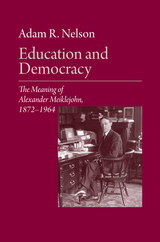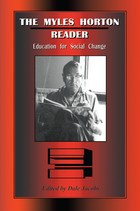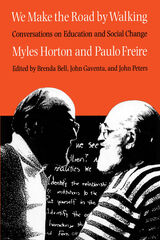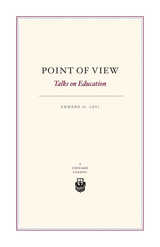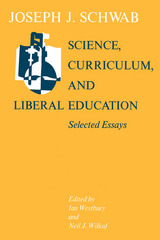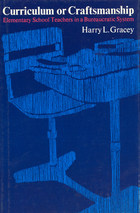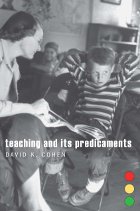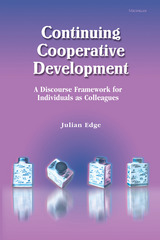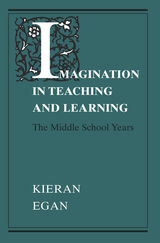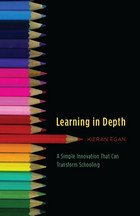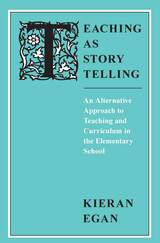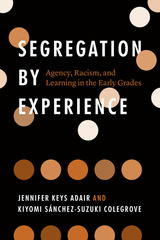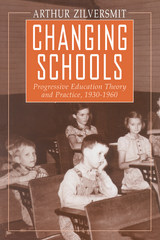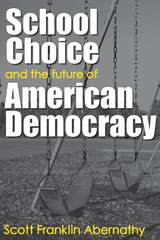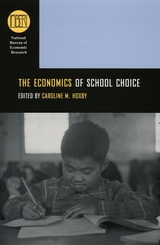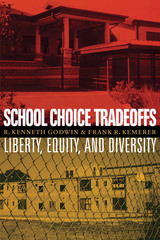Turning the Soul: Teaching through Conversation in the High School
University of Chicago Press, 1991
Paper: 978-0-226-31676-5 | Cloth: 978-0-226-31675-8
Library of Congress Classification LB1027.H339 1991
Dewey Decimal Classification 373.137
Paper: 978-0-226-31676-5 | Cloth: 978-0-226-31675-8
Library of Congress Classification LB1027.H339 1991
Dewey Decimal Classification 373.137
ABOUT THIS BOOK | AUTHOR BIOGRAPHY | TOC
ABOUT THIS BOOK
Is our nation's educational system faltering in part because it strives to teach students predetermined "right" answers to questions? In Turning the Soul, Sophie Haroutunian-Gordon offers and alternative to methods advocated by conventional educational practice. By guiding the reader back and forth between two high school classes discussing Shakespeare's Romeo and Juliet, she gracefully introduces the alternative approach to education: interpretive discussion.
One class, located in a private, racially integrated urban school, has had many conversations about the meaning of books. The second group, less advantaged students in a largely black urban school, has not. The reader watches as students in each group begin to draw upon experiences in their personal lives to speculate about events in the play. The students assist one another with the interpretation of complex passages, pose queries that help sustain the conversation, and struggle to "get Shakespeare right." Though the teachers suffer moments of intense frustration, they are rewarded by seeing their students learn to engage in meaningful exchange.
Because Turning the Soul draws on actual classroom conversations, it presents the range of difficulties that one encounters in interpretive discussion. The book describes the assumptions about learning that the use of such discussion in the classroom presupposes, and it offers a theoretical perspective from which to view the changes in both students and teachers.
One class, located in a private, racially integrated urban school, has had many conversations about the meaning of books. The second group, less advantaged students in a largely black urban school, has not. The reader watches as students in each group begin to draw upon experiences in their personal lives to speculate about events in the play. The students assist one another with the interpretation of complex passages, pose queries that help sustain the conversation, and struggle to "get Shakespeare right." Though the teachers suffer moments of intense frustration, they are rewarded by seeing their students learn to engage in meaningful exchange.
Because Turning the Soul draws on actual classroom conversations, it presents the range of difficulties that one encounters in interpretive discussion. The book describes the assumptions about learning that the use of such discussion in the classroom presupposes, and it offers a theoretical perspective from which to view the changes in both students and teachers.
See other books on: Discussion | High School | Secondary | Soul | Turning
See other titles from University of Chicago Press

